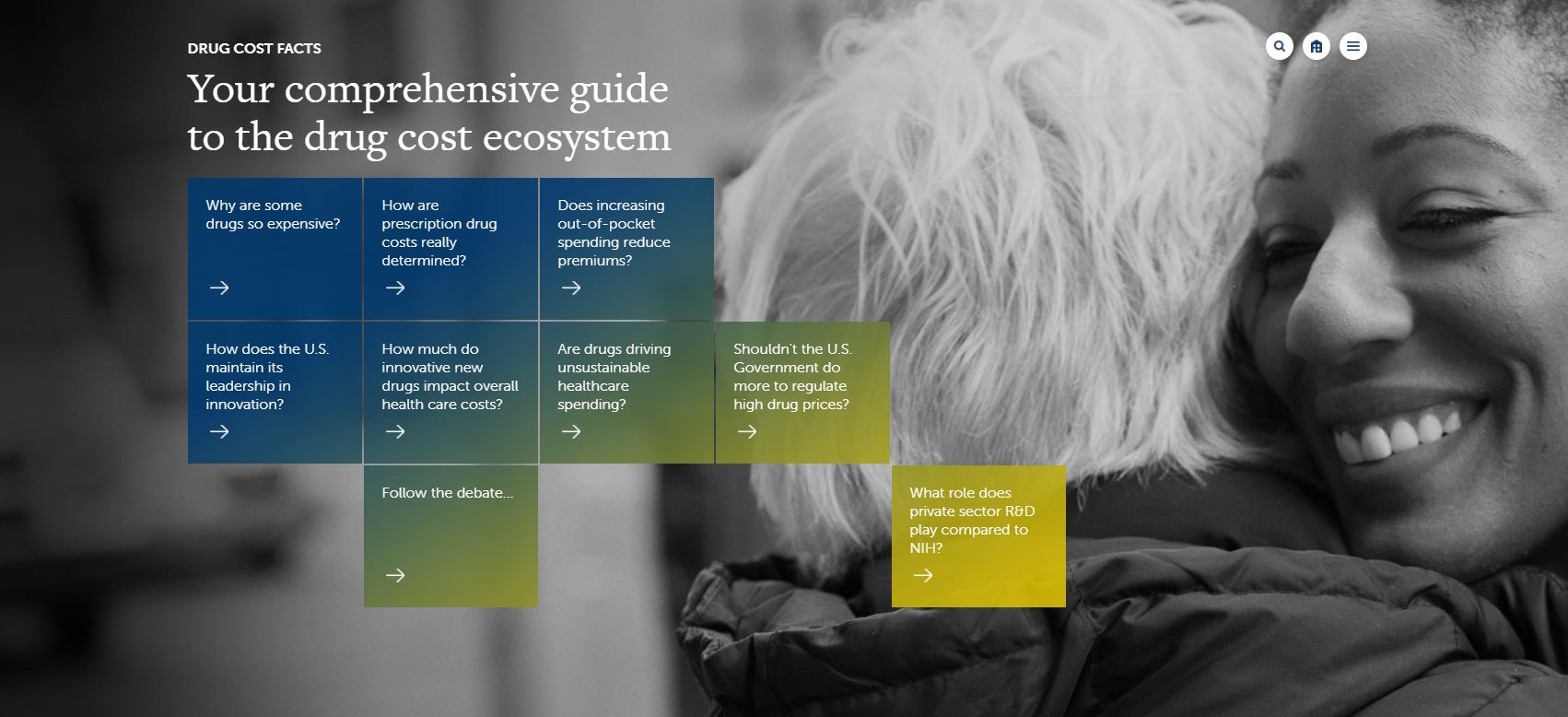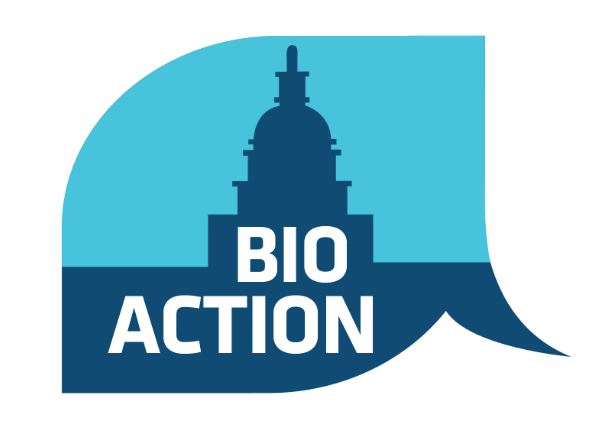Message from Biotechnology Innovation Organization (BIO)
WHAT IS BIOTECHNOLOGY?
At its simplest, biotechnology is technology based on biology - biotechnology harnesses cellular and biomolecular processes to develop technologies and products that help improve our lives and the health of our planet. We have used the biological processes of microorganisms for more than 6,000 years to make useful food products, such as bread and cheese, and to preserve dairy products.Currently, there are more than 250 biotechnology health care products and vaccines available to patients, many for previously untreatable diseases. More than 13.3 million farmers around the world use agricultural biotechnology to increase yields, prevent damage from insects and pests and reduce farming’s impact on the environment. And more than 50 biorefineries are being built across North America to test and refine technologies to produce biofuels and chemicals from renewable biomass, which can help reduce greenhouse gas emissions.
In this section, we will provide periodic updates on key issues facing the advancement of science and the ability of researcher and entrepreneurs to deliver the latest medical and biological breakthroughs to people who need them around the world.
INTRODUCING DRUGCOSTFACTS.ORG
 Ensuring that our families and loved ones have access to the medicines and treatments they need is one of the most important issues we face as individuals and as a society. Yet, understanding the complexities and various entities that make up our nation’s health care system can be a daunting and extremely frustrating endeavor.
Ensuring that our families and loved ones have access to the medicines and treatments they need is one of the most important issues we face as individuals and as a society. Yet, understanding the complexities and various entities that make up our nation’s health care system can be a daunting and extremely frustrating endeavor.
To make it a bit easier, there is a new interactive tool called drugcostfacts.org
The site features a series of commonly asked questions—ranging from “Why are some drugs expensive?” to “What role do PBMs, insurance companies and wholesalers play in determining what patients pay for their drugs?”—and then answers these questions using infographics, videos and interactive tools. The site also has additional research and reading materials if you want to dive deeper into these issues. The tool is mobile responsive, allowing you to access information on your phone or tablet.
The goal of the site is to be a one-stop shop for information and answers to some of the most hotly debated questions regarding the role of prescription drugs in our nation’s health care system.
BECOME AN ADVOCATE FOR BIOTECHNOLOGY…JOIN BIOACTION
 As breakthroughs in science and medicine transform the way we treat patients for a wide range of diseases and ailments, it is critical that we educate and inform public policy makers and elected officials about how their actions can impact medical advancements and the development of new medicines. Make your voice heard! It’s easy to do – check out BIO’s new online tool to contact your federal or state public officials with your views via e-mail, phone or social media. The site also features background and information on key issues impacting the development of new medicines and patient access to the medicines they need. Go ahead and try it out!
As breakthroughs in science and medicine transform the way we treat patients for a wide range of diseases and ailments, it is critical that we educate and inform public policy makers and elected officials about how their actions can impact medical advancements and the development of new medicines. Make your voice heard! It’s easy to do – check out BIO’s new online tool to contact your federal or state public officials with your views via e-mail, phone or social media. The site also features background and information on key issues impacting the development of new medicines and patient access to the medicines they need. Go ahead and try it out!
